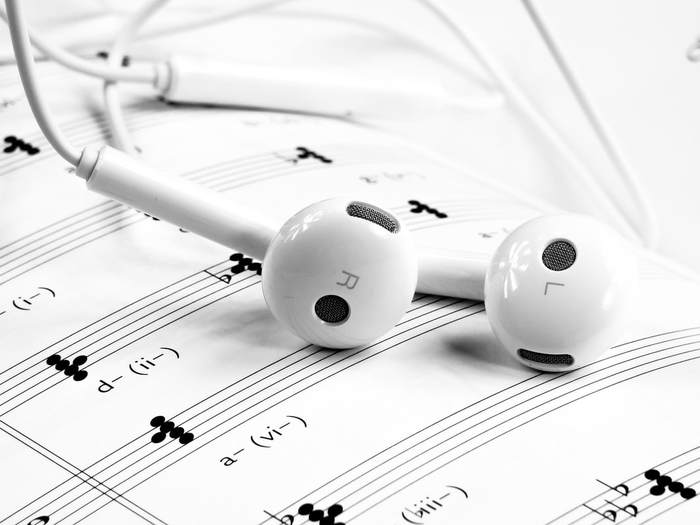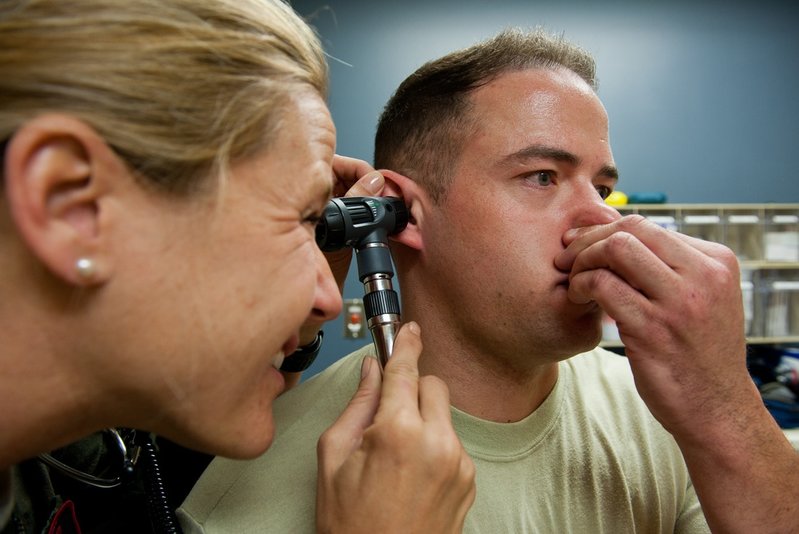Connections Between Music Preference and Brain Function
From the spiritual nature of the Sami joik to the feel-good vibe of modern club beats, many forms of music possess a diversity mirrored in listening preferences. With the sheer amount of music types, people’s tastes in music can vary greatly.
What exactly this wide range of interests stems from is yet to be fully understood, but music itself has been demonstrated to have some relationship with brain function, especially regarding emotion and memory. The results of past studies certainly seem to indicate that this is the case. For instance, happy music allows people to recall happy memories. Furthermore, memory loss in older adults with early symptoms of Alzheimer’s may be reversed by music listening. It may follow, then, that diverse music preferences should be seemingly associated with equally diverse physical functions in the brain.
However, a 2014 study demonstrated that the actual case may be quite the opposite. Researchers used a method called network science, which is a way of studying the brain as a complex system. Examining the connections and interactions between the parts of the brain allowed them to create an understanding of the brain’s function and organization as a whole. For the purposes of this study, the neural function resulting from brain-related coordination was observed in relation to music preferences.
What exactly this wide range of interests stems from is yet to be fully understood, but music itself has been demonstrated to have some relationship with brain function, especially regarding emotion and memory. The results of past studies certainly seem to indicate that this is the case. For instance, happy music allows people to recall happy memories. Furthermore, memory loss in older adults with early symptoms of Alzheimer’s may be reversed by music listening. It may follow, then, that diverse music preferences should be seemingly associated with equally diverse physical functions in the brain.
However, a 2014 study demonstrated that the actual case may be quite the opposite. Researchers used a method called network science, which is a way of studying the brain as a complex system. Examining the connections and interactions between the parts of the brain allowed them to create an understanding of the brain’s function and organization as a whole. For the purposes of this study, the neural function resulting from brain-related coordination was observed in relation to music preferences.
Image Source: matuska
Each subject listened to several genres of music including classical, rock, and Chinese opera, as well as their favorite songs. They were asked to indicate how much they liked or disliked the songs from each type of music. Their brains were scanned using functional magnetic resonance imaging (fMRI) to allow for a clear study of physical connectivity. When looking at the brain, the focus was on the precuneus, a part associated with memory and reaction to cues, because it demonstrated a significant response to the music. Music that people enjoyed concurred with faster information processing in this region while it was slower for music that people disliked.
Overall, despite the music tastes of the subjects being different from each other, all of their brains showed a similar pattern of connection when listening to music that they personally liked or disliked. In addition, when people listened to music they enjoyed, it seemed that their brains had more diverse function; in other words, they were thinking more and experiencing more memory or contemplation regarding the music.
Therefore, the role of music may be valuable in helping people who have neurological disorders or mental illness, because they often have issues with brain connection relating to nerve cell death or degradation. If listening to music that they like would improve network associations between regions in the brain system, such as those responsible for memory or emotional reaction, then it could be highly beneficial. Therefore, the type of music used should be selected to match the patient’s preference. The positive feeling caused by listening to one’s favorite music may, in fact, have equally positive effects on physical and mental well-being.
Overall, despite the music tastes of the subjects being different from each other, all of their brains showed a similar pattern of connection when listening to music that they personally liked or disliked. In addition, when people listened to music they enjoyed, it seemed that their brains had more diverse function; in other words, they were thinking more and experiencing more memory or contemplation regarding the music.
Therefore, the role of music may be valuable in helping people who have neurological disorders or mental illness, because they often have issues with brain connection relating to nerve cell death or degradation. If listening to music that they like would improve network associations between regions in the brain system, such as those responsible for memory or emotional reaction, then it could be highly beneficial. Therefore, the type of music used should be selected to match the patient’s preference. The positive feeling caused by listening to one’s favorite music may, in fact, have equally positive effects on physical and mental well-being.
Featured Image Source: Burst
RELATED ARTICLES
|
Vertical Divider
|
Vertical Divider
|
Vertical Divider
|






